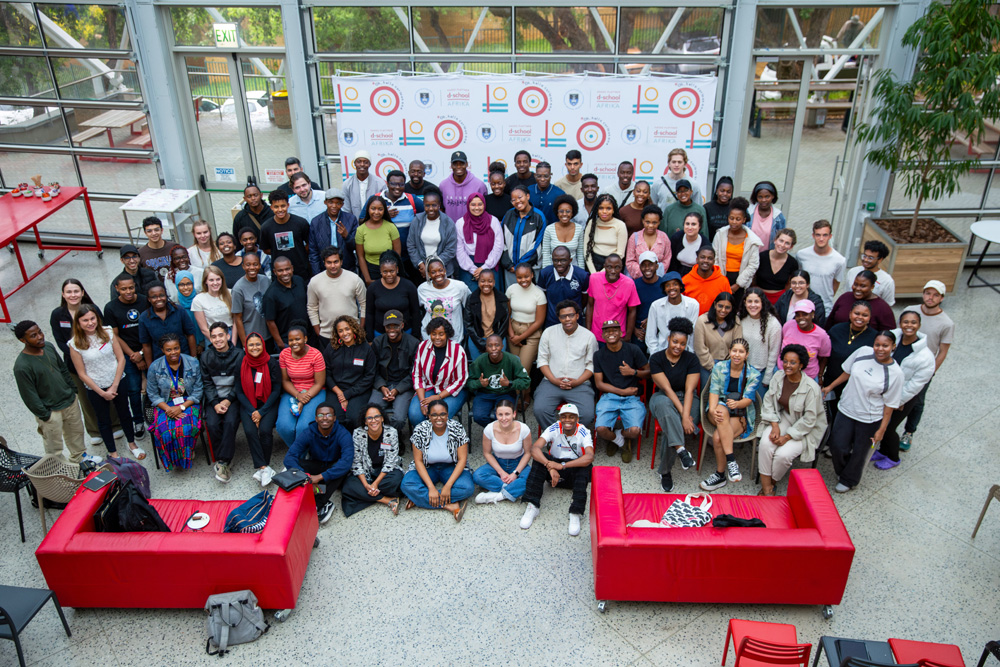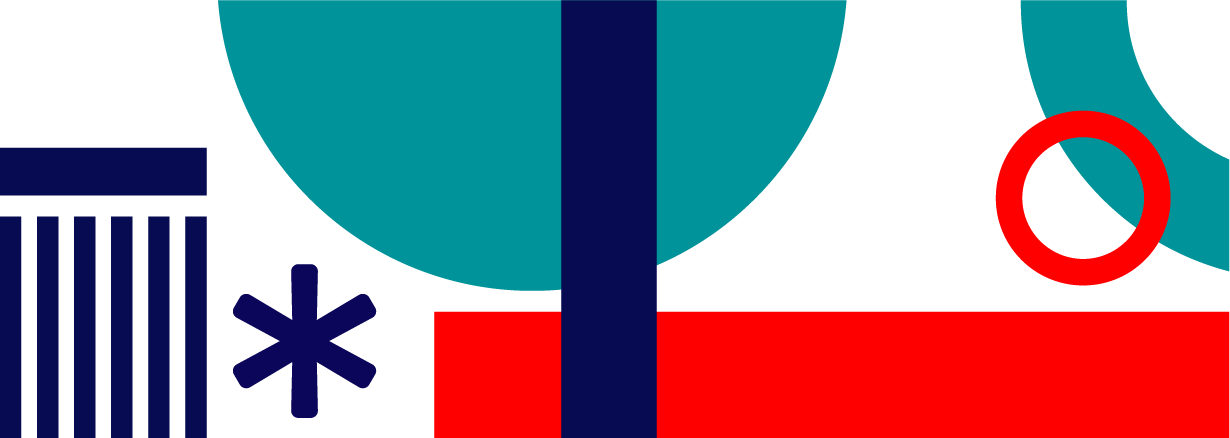
This programme was a collaboration with the Kind Heart Bench Project, a community initiative focused on mental health support and fostering connections in public spaces. The event challenged students to design solutions that enhance the accessibility, engagement, and effectiveness of the Kind Heart Bench Project, ensuring it remains a valuable resource within communities.
“How might we build capacity for peer facilitation of the Kind Heart Bench for volunteers of surrounding site networks who are eager to support the project, in ways that respect their time constraints and resource limitations?”
“How might we leverage technology to enable digital facilitation of the Kind Heart Bench Project, ensuring that individuals seeking support can access support and resources while engaging with the Kind Heart Bench, even in the absence of on-site facilitators?”
Participants worked with various stakeholders, including volunteer facilitators, school staff, local businesses, and community members, to develop solutions that would improve the sustainability and impact of the project.
During the week, several teams developed creative and impactful solutions aimed at addressing the identified challenges. Here are some of the standout projects:
Team Infinity focused on non-verbal forms of expression for individuals who might struggle to verbalise their emotions. Their proposed solution, Kind Heart Letters, introduced a physical mailbox where individuals could deposit anonymous letters sharing their thoughts and feelings. This system would provide facilitators with insights into the needs of the users while ensuring users felt heard and supported.
D-Future designed a buzzer system that connects individuals in distress with trained facilitators. The buzzer, installed on the bench, would allow users to indicate their level of urgency using different buttons. This would alert the SEED office, which would dispatch an available peer facilitator to provide assistance.
This team developed an AI-powered WhatsApp chatbot that provides real-time guidance and mental health resources to bench users. Additionally, they proposed an awareness campaign featuring posters, signage, and QR codes strategically placed around the benches to increase engagement and understanding of the project’s purpose.
Recognising a lack of communication among stakeholders, Iced T proposed the creation of WhatsApp community groups for volunteers, facilitators, and users. These groups would provide training, support, and updates on bench activities.
Ikigai focused on increasing public awareness by integrating NFC (Near Field Communication) tags into branded merchandise such as T-shirts and accessories. Scanning the tags would direct users to online resources about the Kind Heart Bench Project.
This team proposed integrating interactive games around the Kind Heart Bench to facilitate human connections and encourage engagement without requiring permanent facilitators. Games such as chess, hopscotch, and puzzles would create a more inviting and inclusive atmosphere.
The Expandables developed a gamified platform that rewards users for engaging with the Kind Heart Bench Project. Using a QR code system, users could log interactions, complete mental wellness activities, and earn points redeemable for incentives.
A participant reflected, “Embracing diversity is one aspect of teamwork that stood out for me. I grasped that teamwork thrives when everyone brings different perspectives.”
The solutions presented during Design Thinking Week 2024 underscored the power of community-driven innovation. Participants gained valuable skills in problem-solving, collaboration, and human-centred design while contributing to an initiative with real-world impact.
The event also reinforced the importance of technology in mental health support, with digital solutions such as AI chatbots, NFC tags, and WhatsApp-based training showing great potential for scalability and sustainability.
One student shared, “Many times, I want to rush things, but I learned to let the process run and learn from it.”
The Kind Heart Bench Project and d-school Afrika plan to further develop and implement several of these solutions, ensuring the initiative continues to serve its communities effectively.
Design Thinking Week 2024 demonstrated once again that innovation, when guided by empathy and collaboration, has the power to create meaningful change. As one participant aptly put it, “Lead with curiosity: I was encouraged to think outside the box and be creative.”

Copyright 2025 Hasso Plattner d-school Afrika*